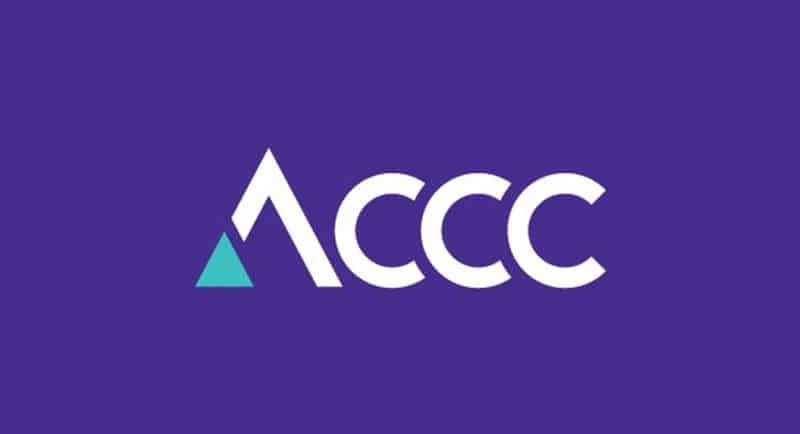The ACCC case against Google LLC (Google) was in the Federal Court on Friday.
It found that Google did not mislead Australian consumers when it published an on-screen notification to Australian users and changed its privacy policy to expand the scope of its use and collection of personal data.
The ACCC alleged that the notification was misleading because it did not adequately inform consumers about these changes
In June 2016, Google introduced changes which, if a consumer clicked ‘I agree’ in response to the notification, allowed Google to combine personal information in consumers’ Google accounts with information about their activity on non-Google sites that used Google technology (formerly called DoubleClick technology) to display ads.
This meant that internet tracking data that had previously been kept separate from users’ Google accounts and not linked to an individual user, was now linked to users’ names and other identifying information.
This newly combined information was used to improve Google’s advertising business.
The ACCC also argued that changes to the privacy policy reduced the rights of account holders’ without obtaining their explicit consent.
However, the changes were optional and Google asked its users to consent with easy-to-understand notifications. If a user did not consent their use of products and services were unchanged.

The Court found that the notification and the changes to the privacy policy were not misleading because Google sought the consent of account holders to implement the changes and only implemented the steps with their informed consent. The Court also noted that Google did not reduce account holders’ rights under the privacy policy.
Justice David Yates dismissed application and ordered the ACCC to pay Google’s legal costs, according to 9News. He said in court on Friday: “Account holders were given the choice as to whether they should give consent.”
Further information about the changes was available through links, and Google had to cater to people who were going to skip reading about the changes, those who would skim further information and those who would actually read it.
Yate continued: “Google’s appreciation that its account holders comprised ‘Skippers, Skimmers and Readers’ explains why the notification was presented in a way that provided links to enable account holders to obtain more information in relation to Google’s proposal, should that have been their desire.”
ACCC acting chair Delia Rickard said: “Google’s conduct came to our attention as a result of our work on the Digital Platforms Inquiry. We took this case because we were concerned that Google was not adequately providing consumers with clear and transparent information about how it collects and uses consumer data.”
“We will now carefully consider the judgment,” she said.
A Google spokesperson said in a statement: “We are pleased with today’s decision, which dismissed the ACCC’s allegations.”
